Do Lure Rattles Work? Rattle vs. No Rattle Experiment
- By: Luke Simonds
- on
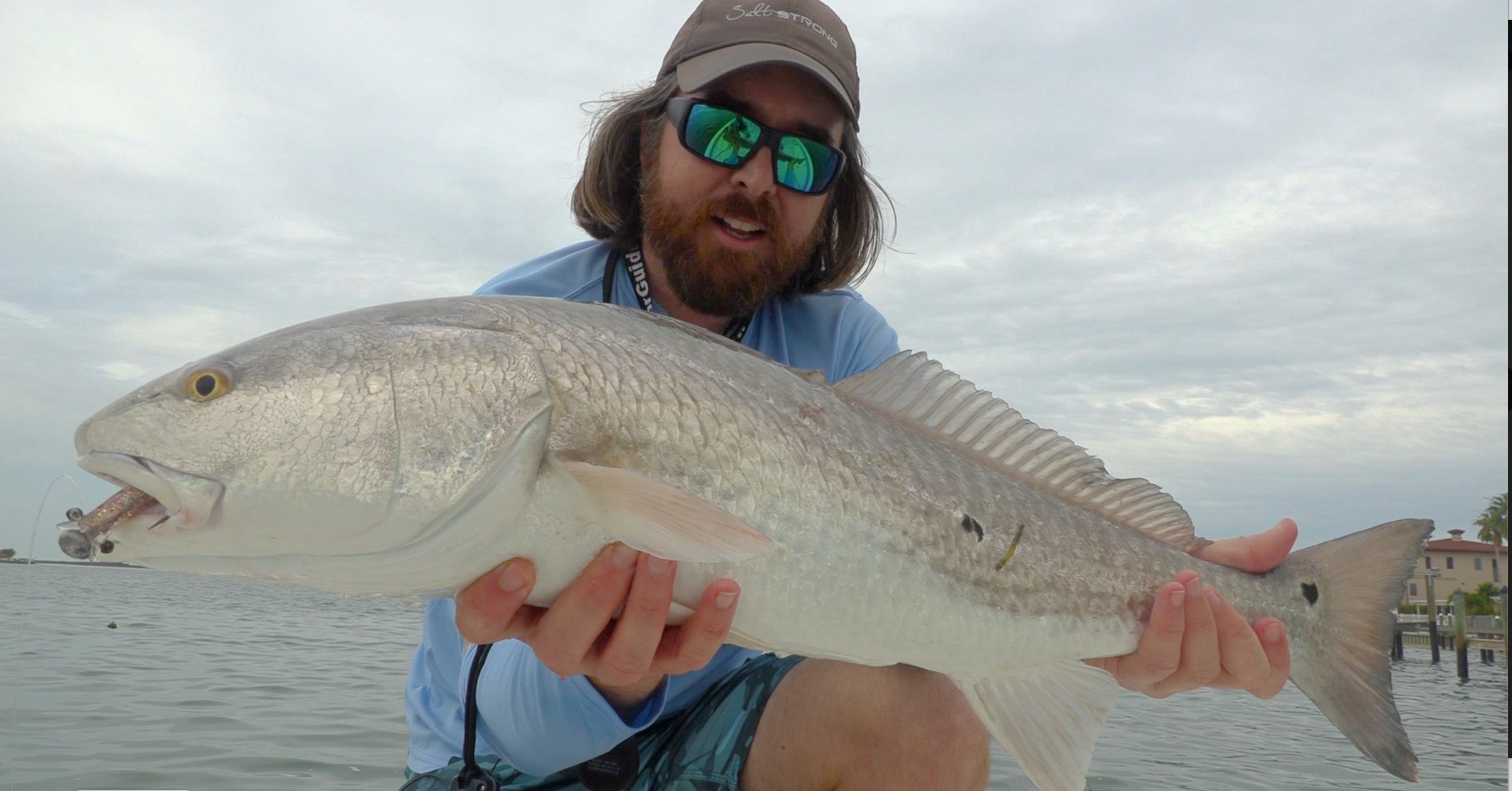
The battle is on!
We’ve been getting a ton of questions about rattles and if having a rattle in your lure helps you catch more fish or not.
And with the release of our new Battle Rattles, we wanted to put them to the test.
So in these videos, you’ll see the 1st and 2nd rounds of the contest along with a total count by species on what hit the rattles vs. the now rattles lure.
Check out the video to see a ton of exciting action!
Rattle vs. No Rattle Contest – Round 1


Here are the exciting results of the FIRST test:
Rattle:
- 6 fish caught, 1 broken off
- Species
- Gag Grouper
- (2) Mangrove Snappers
- Snook
- Jack
- Red Grouper
Here is the full set-up with the rattle:
- Battle Rattle
- Power Prawn
- Power Prawn Jig Head
- Power Pro Original, Yellow, 10lb
- Ande Mono Leader, 30lb
- Dr. Juice Saltwater Slam Scent
- Reel: Daiwa Procyon 2500-XH
- Rod: Bull Bay Stealth Sniper – 7’6″ MH Power
No-Rattle:
- 4 fish caught
- Species
- Gag Grouper
- Redfish
- Trout
- Red Grouper
Here is the full set-up without the rattle:
- Power Prawn
- Power Prawn Jig Head
- Daiwa J-Braid 8 Grand, Grey, 10lb
- Ande Mono Leader, 30lb
- Dr. Juice Saltwater Slam Scent
- Reel: Daiwa Procyon 2500-XH
- Rod: Bull Bay Stealth Sniper – 7’6″ MH Power
Rattle vs. No Rattle Contest – Round 2


Here are the exciting results of the SECOND test:
(The set-ups are the same for this round but we switched the lures. So the yellow Power Pro is now the non-rattle setup and the grey J-Braid has the rattle.)
Rattle:
- 7 fish caught
- Species
- Gag Grouper
- Flounder
- Red Grouper
- Snook
- Mangrove Snapper
No-Rattle:
- 7 fish caught, 1 broken off
- Species
- Gag Grouper
- Sheepshead
- Mangrove Snapper
Current Leaderboard
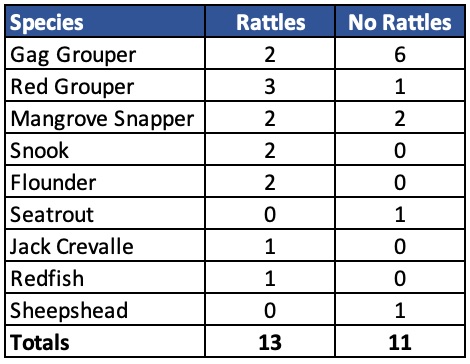
Conclusion
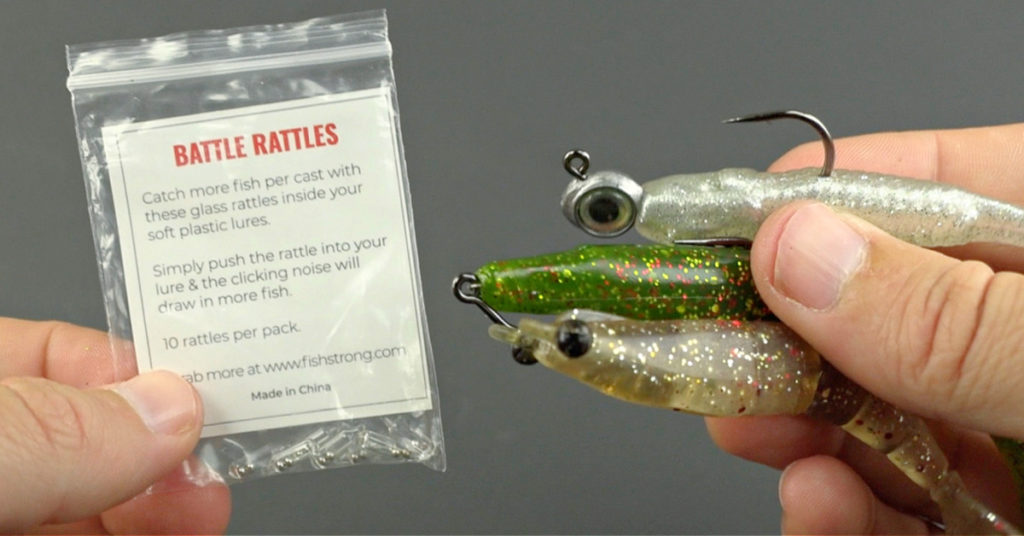
In search of settling the rattle versus no-rattle argument, we will continue to do contests between the two tactics.
But so far, the rattles are winning!
More rattle vs. no rattle tests coming soon.
If you have any questions or other tests we could do with rattles, let me know down in the comments!
And if you know someone who is a believer in rattles, please TAG or SHARE this with them!
P.S. Want access to our best fishing spots and tips, plus discounts to our online tackle store? Click here to join us in the Insider Club!
Related articles:
Related categories:
STOP WASTING TIME ON THE WATER!
Do what the “SMART ANGLERS” are doing and join the Insider Club.
Here’s what you’ll receive today when you join:
- Weekly fishing reports and TRENDS revealing exactly where you should fish every trip
- Weekly “spot dissection” videos that walk you through all the best spots in your area
- Exclusive fishing tips from the PROS you can’t find anywhere else
- Everything you need to start catching fish more consistently (regardless if you fish out of a boat, kayak, or land).




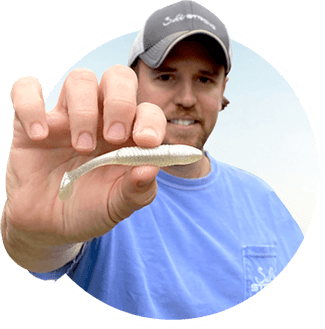
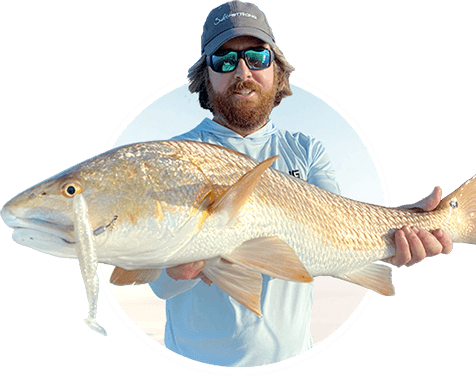
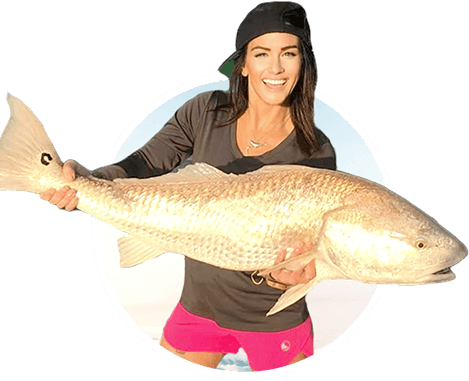
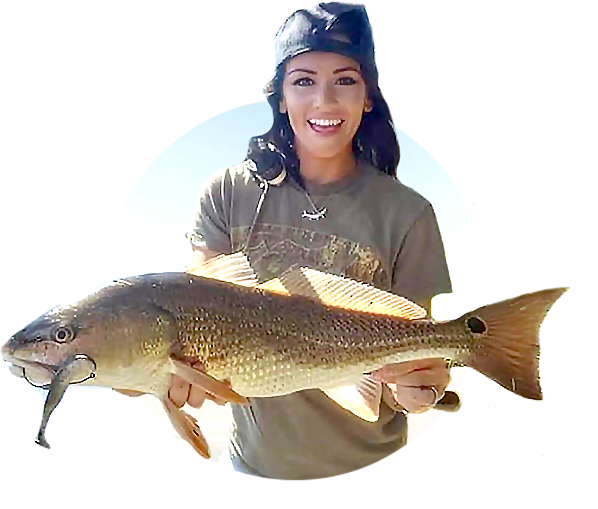
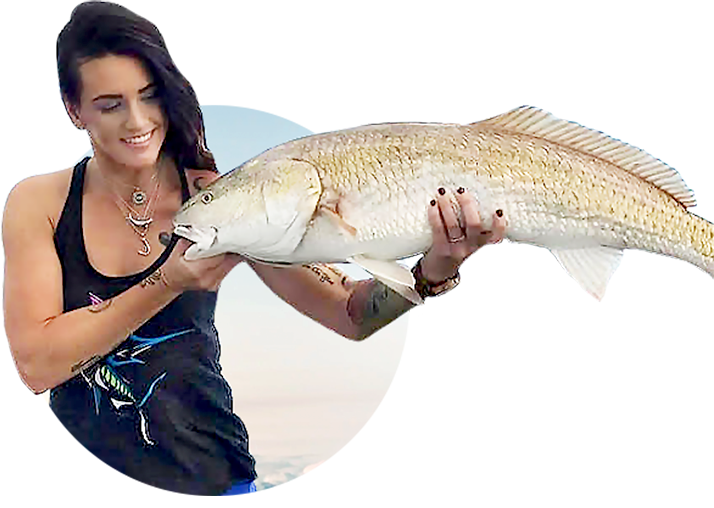

Yea I kinda knew that one especially here in northeast fl Jacksonville area about the only time I don’t seem to need or use rattles here that much is all through the winter and very early spring in which in my opinion is because the water is much clearer then so fish can see better and a rattle isn’t needed as much when the water here is murky most of the year and where your at in central or south fl I doubt if rattles are needed that much considering your the opposite of us northern Floridians anyways thanks for the report
Only you Luke could get that grouper away from that piling!! I was laughing as I would have been broken off at the beginning of that fight! 😉 I purchased some B Rattles but haven’t been able to test them out as yet. Can you tell me what % of Moon was on the night before?
Luke – so know I know what I’ve been doing wrong fishing the Power Prawn. Your retrieve method. I have not been fishing it like you did in this video – I’ve been doing more of a quick twitch and lift, like I use for running rubber worms for LMB’s. What time of year was this filmed. I am new to Florida SW and haven’t figured out when to fish the docks versus open water, versus up and around Mangroves.
I do have to say, joining Salt Strong is the best money I have invested for anything fishing related.
Thanks
Dave
Noticed you had your lures hooked on the guides.
I suggest that on all on the water videos you include a satellite map so we can see the type of area you are fishing. Thanks
Do rattles fall under the clear/dirty water tactics? I would think rattles more for dirty/turbid water or night fishing.
To be determined in these tests.
Why do you call a pilon a pilen
Just curious
Cheers
The work that I’m saying is “piling”
I love it that Luke does these tests. I have comments on statistics and acoustics that will help us interpret the results.
Executive Summary
(1) Published audiograms indicate that speckled trout and redfish cannot hear the sound frequencies produced by Battle Rattles (only a few fish species can).
(2) Statistical analysis of Luke’s experimental results do not contradict this view.
Bioacoustics
In addition to dominant frequency produced by the rattles, one needs to consider hearing of the fish. Hearing varies considerably by species (see: https://link.springer.com/content/pdf/10.1007/s11160-012-9297-z.pdf) Audiograms show hearing thresholds, so a high value at a frequency means a high threshold, i.e., worse hearing. Horodsky (2008) studied hearing the family Sciaenidae, including speckled trout & red drum, and found they cannot hear much above 600 Hz (https://journals.biologists.com/jeb/article/211/9/1504/18224/Acoustic-pressure-and-particle-motion-thresholds). In a nutshell, no way are specs or redfish hearing the high-frequency clicks of Battle Rattles. They probably can’t hear any rattles much smaller than a pair of clacking bowling balls. Other fish, however, have higher frequency hearing. Silver perch, for example, probably can hear rattles. Herring have such good hearing at higher frequencies that dolphins hunting herring have to stop echolocating altogether.
Statistics
In these data, we are seeing a small effect size that is well inside the range of likely chance effects. For instance, if we flipped a coin 100 times and got 45 heads and 55 tails, we would not (or should not) argue that our coin proved a meaningful 5% advantage above chance for tails. That result is inside the noise, where chance events likely account for the difference. To see if the observed difference in strike scores is likely due to chance (the null hypothesis) or to rattles (the alternate hypothesis), a simple method is to run a Chi-Square test on the data.
Here’s an online calculator https://www.graphpad.com/quickcalcs/chisquared2/
Enter the two variables [no_rattles, rattles].
Enter the catch results [11, 13]
Enter the expected results, meaning expected by chance [12, 12].
Here’s what the calculator returns:
The two-tailed P value equals 0.6831
By conventional criteria, this difference is considered to be not statistically significant.
Another way to view this explanation is that a coin flipper making 24 coin tosses would obtain results this extreme or more extreme by chance alone 68% of the time.
If you found a small likelihood of a chance effect, your next question would be whether the effect size is worth the price and bother of the rattles.
I’ll have to ponder that when I’m not drinking beer. Excellent thoughts to consider. I love the testing they do, and the resulting debates. You can’t find this info anywhere else.
I think that the fish have a better chance of feeling the vibration from the rattles more than hearing them. Especially snook with their very sensitive lateral lines which can even pick up the line moving through the water.
very interesting & really good to know so don’t waste your rattles on Trout & Reds! Im sure there is more to it than my analogy but for me good enough. Thanks Phil
Luke, I enjoyed these types of videos. I have used rattle in my plastics worms when bass fishing. I will definitely try these next time on the water. 👍
Thanks SteveO!
The rattles definitely win when fishing for squid in Australia. Proven by me many times.
Thanks for making time to post the helpful comment Greg! I have never caught a squid before.